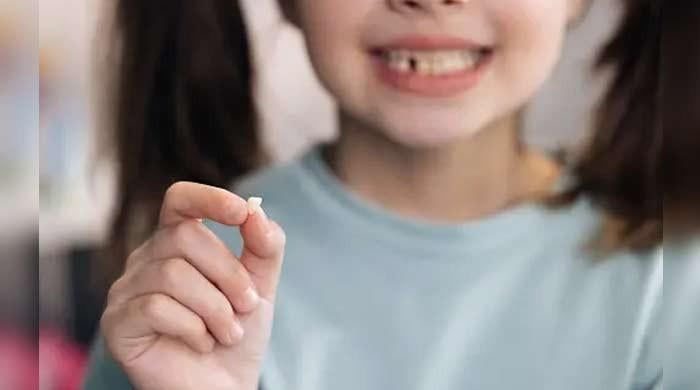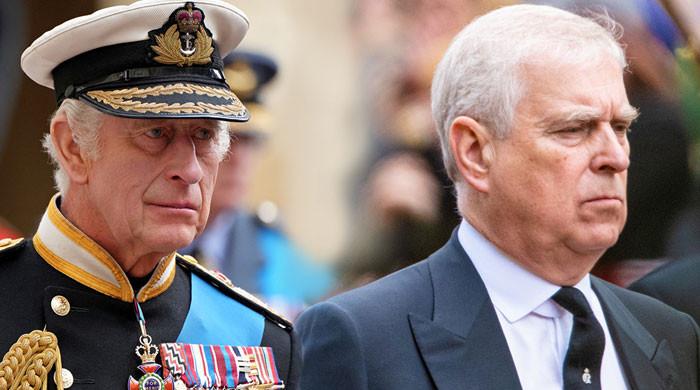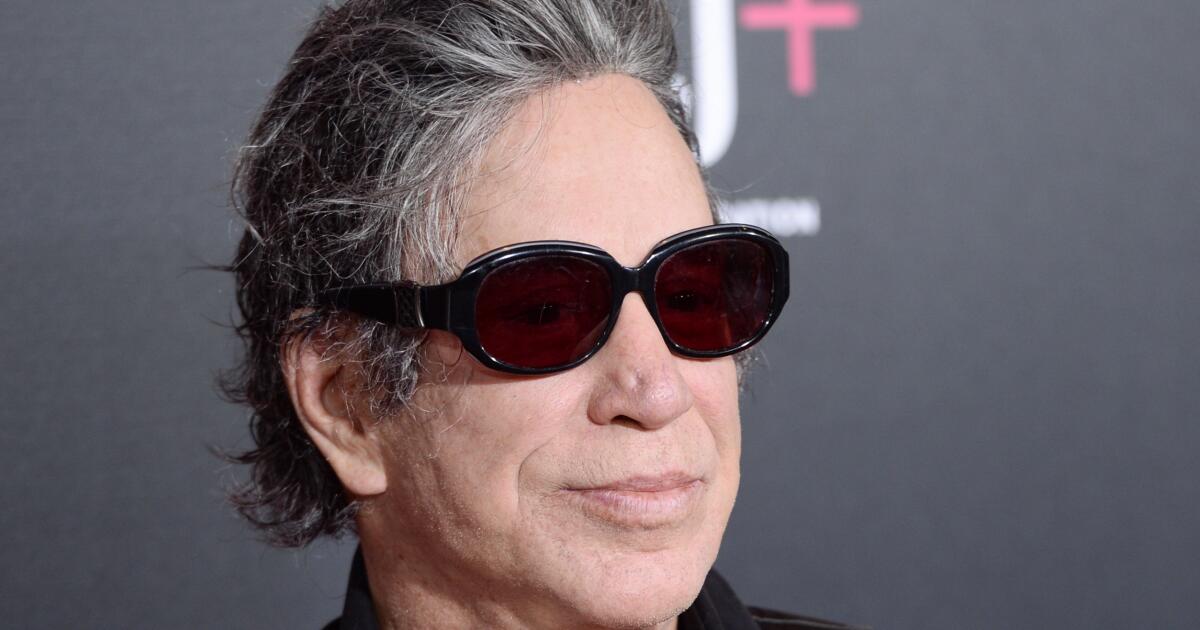Less than a year after its success in animals, the world's first drug capable of regenerating teeth will begin testing in humans within a few months. News Atlas reported.
The report revealed that this opens the door for the drug to be commercially available as early as 2030.
Japan's Kyoto University Hospital will conduct the trial from September 2024 to August 2025, treating 30 men, aged 30 to 64, who are missing at least one molar.
The effectiveness of the intravenous treatment will be tested in human dentition, after successfully growing new teeth in ferret and mouse models without significant side effects.
“We want to do something to help those who suffer from missing or missing teeth,” said lead researcher Katsu Takahashi, head of dentistry and oral surgery at Kitano Hospital.
“While there has been no treatment to date that provides a permanent cure, we believe people's expectations for tooth growth are high.”
After the first 11-month phase, researchers will test the drug in patients between two and seven years old, who are missing at least four teeth due to a congenital dental deficiency, which affects one percent of people.
The trial will also be extended to people with partial edentulism, or people who are missing one to five permanent teeth due to environmental factors, a condition that varies from country to country.
The drug deactivates the uterine sensitization-associated gene 1 (USAG-1) protein, suppressing tooth growth.
It blocks the interaction of USAG-1 with other proteins, promoting bone morphogenetic protein (BMP) signaling, which triggers the generation of new bone, according to News Atlas.












